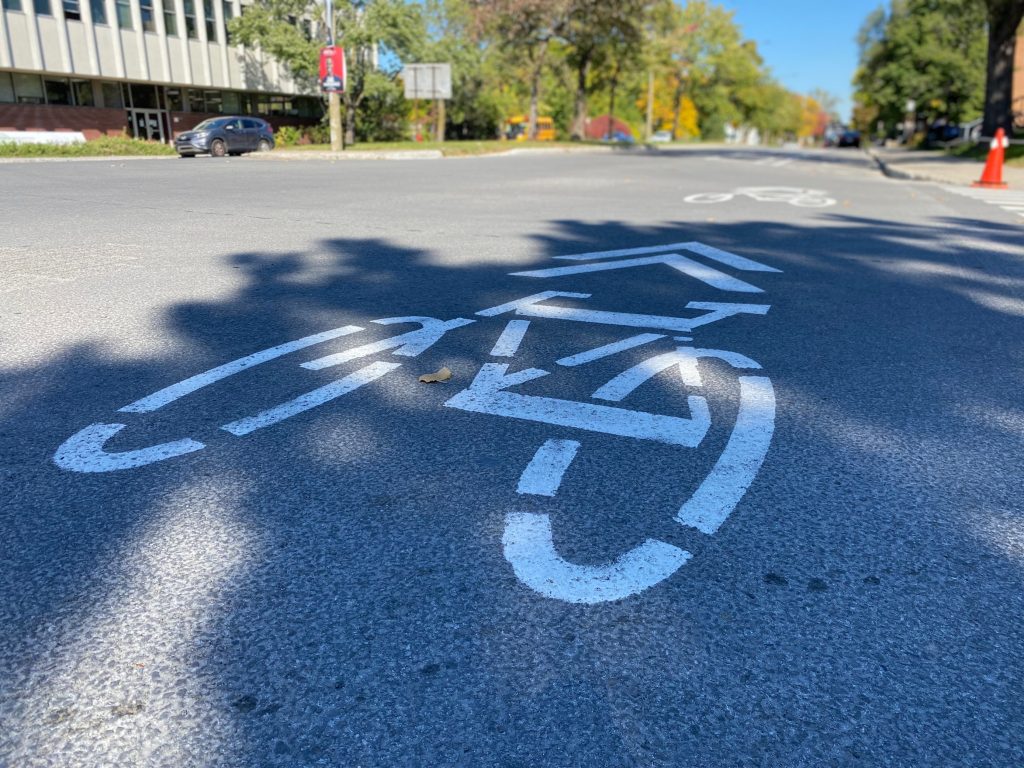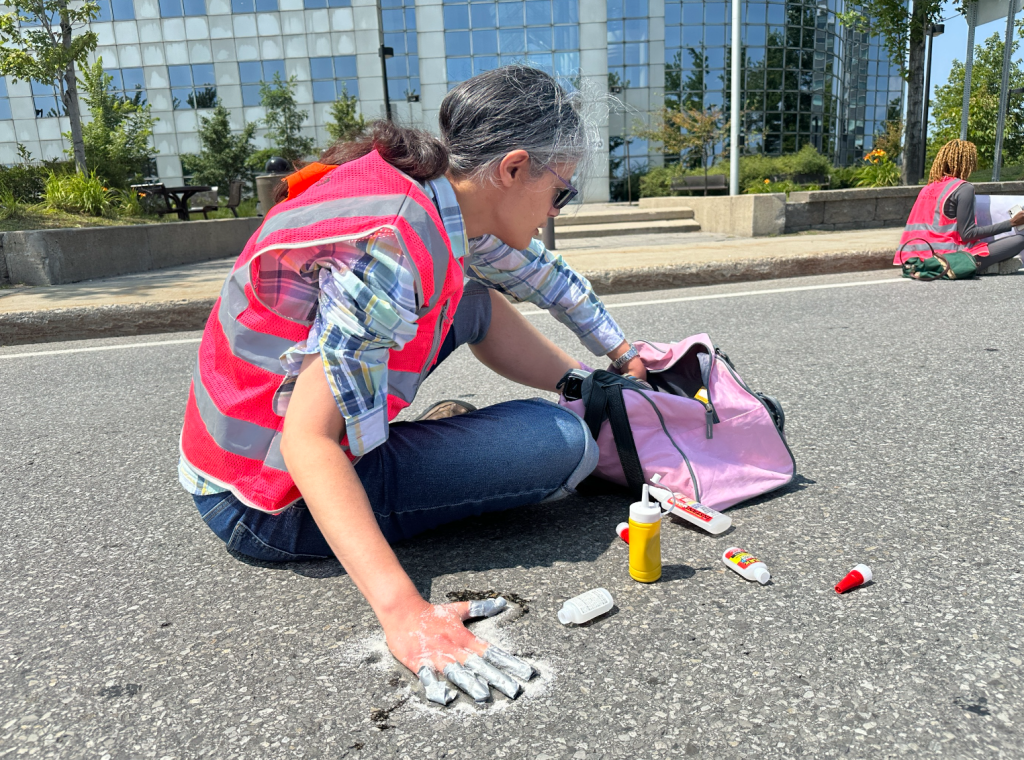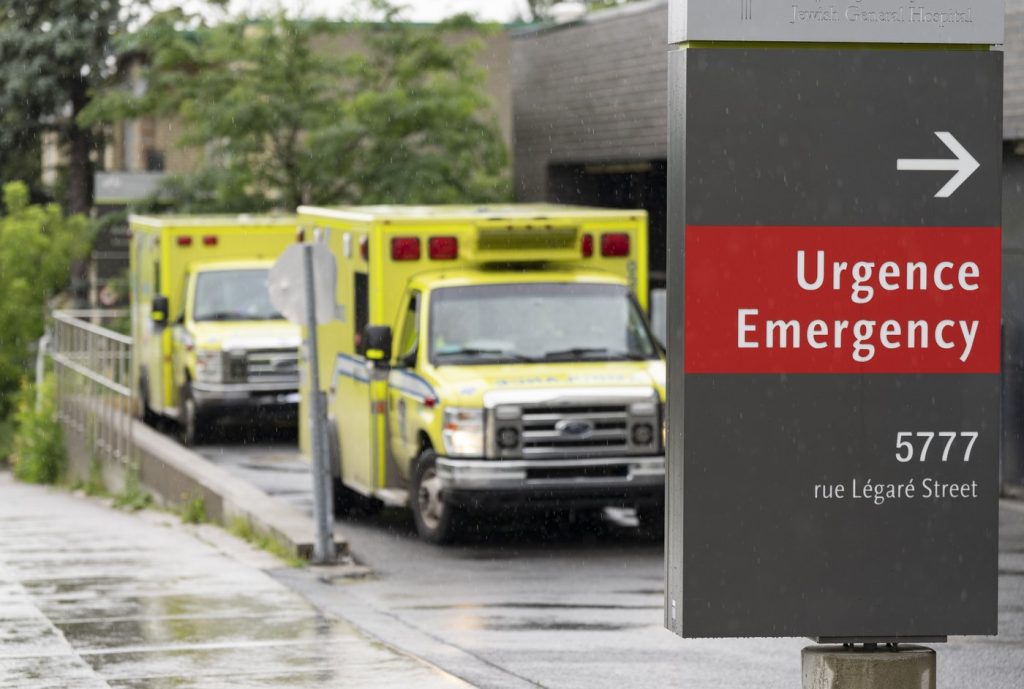What could Legault-Trudeau meeting mean for asylum seekers?
Posted June 9, 2024 3:20 pm.
Last Updated June 9, 2024 6:34 pm.
A Montreal man helping asylum seekers settle in Quebec is feeling cautiously optimistic about this week’s meeting between Premier François Legault and Prime Minister Justin Trudeau on the topic of immigration.
Legault and Trudeau are meeting in Quebec City on Monday.
The Quebec premier is asking Ottawa for $1 billion to pay for asylum seekers; a better distribution of asylum seekers throughout the country; and for Quebec to have a say in selecting temporary foreign workers – with French language skills being a priority.
“Would they agree on the $1 billion that Mr. Legault would be asking? I doubt it,” said Frantz André, the coordinator and spokesperson for Action Committee for People Without Status.
“What I would hope will happen is that Mr. Trudeau will tell Mr. Legault, ‘OK, we’re willing to give you money, but it’s not going to be $1 billion… But we would hope that you could embrace more of the federal immigration programs.”
RELATED: Trudeau rejects Quebec premier’s request for full powers over immigration
André anticipates the meeting will have repercussions across the country.
“Ontario is willing to hear what the federal is willing to give to Mr. Legault and they will follow suit… You can imagine what Ontario and other provinces would be asking – that would cost us billions of dollars for the entire country.”
Trudeau and Legault previously met to discuss immigration on March 15, with the Quebec premier saying the roughly 560,000 temporary immigrants in the province has put pressure on public services.
“Asylum seekers, yes, I agree, maybe to bring them to other provinces, but when they’re here, they’re contributing to the economy,” André said. “And I do understand there was issues with the health and education. It’s a lot of pressure. But those pressures were there before.”
Legault claims immigrants and asylum seekers could pose a challenge for the future of French, particularly in Montreal.
“This is the federal government obligation, to give the work permit as soon as possible so people can integrate the workforce,” André explained. “And French often will be learned in the workforce because a lot of the organizations teach French.
“They don’t have all the tools and it takes a long time to go to courses and learn it. But when you’re working, you probably quickly engage, and you learn French.”
André cautions against the politicization of immigration issues.
“(Legault) is using that in a way to regain popularity. And what happened in the spring with the strikes within the health department, with the education department, he lost a lot of credibility within his electorate.
“Do you want to have companies here who are going to go bankrupt by cutting temporary workers? That’s not going to happen. But he’s using that as a bargaining power. So I don’t think they will meet an agreement as for the reduction.”



